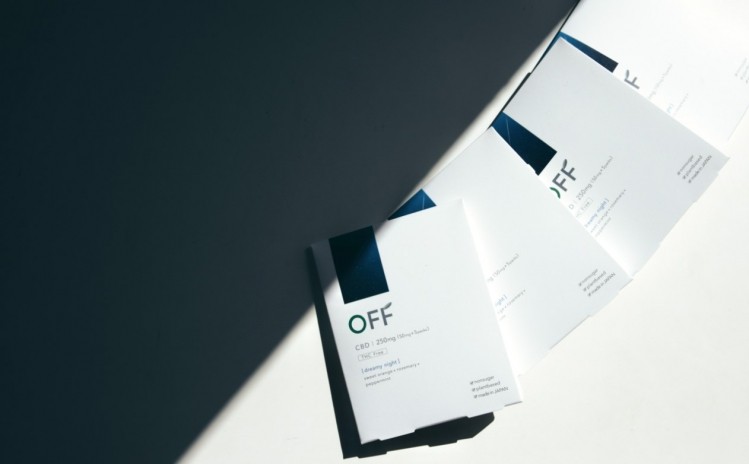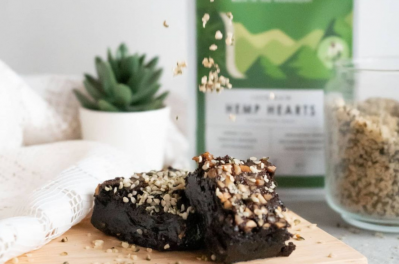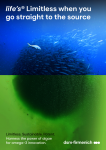CBD journey: Kotomori launches Japan’s first cannabidiol jelly to ease sleep and stress concerns

Data from the Organization for Economic Cooperation and Development show Japanese sleep on average 442 minutes a night. Peers in US get 528 minutes, 542 minutes in China, and 508 minutes in UK.
One in five Japanese also reported poor sleep quality. A lack of enough sleep and good quality sleep can be destructive to mental and physical health.
Izuho Tazawa, CEO at Kotomori, said: “Sleeping problems are common in Japan, so I developed a product to help people have a better quality of sleep, which in turn leads to less stress.”
Jelly ingredients
The company launches the jelly this month in Japan. Each 20g serving contains 50mg of CBD, sourced from Colorado, US.
Tazawa chose a jelly format because “you can eat anywhere on the train or on the bed, it is more approachable instead of oils. CBD is a journey, so we hope people will enjoy the process of taking our CBD jelly.” He recommends taking the jelly once every three days.
Besides CBD, it also contains erythritol, a sugar alcohol sourced from France. Oral health studies have revealed that erythritol may reduce the build-up of dental plaque by limiting the growth of oral bacteria. This might be particularly helpful since the jelly are usually taken before bed.
The jelly also consists of fruit juice, flavouring, citric acid, and a gelling agent derived from seaweed, making it a plant-based product.
Kotomori works with a contract manufacturer to produce the jelly.
Tazawa told us the initial production run was 30,000 units, which he intends to sell through the firm’s e-commerce (EC) site, and eventually expand the reach to convenience stores, grocery stores, fitness clubs, and CBD stores across Japan.
The company also provides a diagnosis function on its EC site where consumers answer a series of questions based on WHO data to help them better understand their sleep problems. This is not a medical diagnosis.
Japan’s CBD landscape
In Japan, CBD products made from hemp stems or seeds, which are THC-free are legal. Hemp leaves and flowers are prohibited.
CBD can be found in cosmetics, food and beverages and oils, and sold online and offline, by local and imported brands. Examples of brands include local brand mellow which makes CBD beverages and supplements, Canadian firm Phivida selling CBD tea and hemp oil, and Australian company Elixinol which sells CBD chocolate bars and hemp oil.
Just this year, Japan lifted the ban on cannabis-based medicines, which could open opportunities for the CBD food industry.
Export plans
Beyond Japan, Kotomori is eyeing exports to China and South Korea.
Once it sells the initial volume in Japan, Tazawa plans to produce another 60,000 units for exports to these markets where he sees strong interest in CBD products.
The firm is also looking for business partners in ASEAN, in distribution and manufacturing.



















